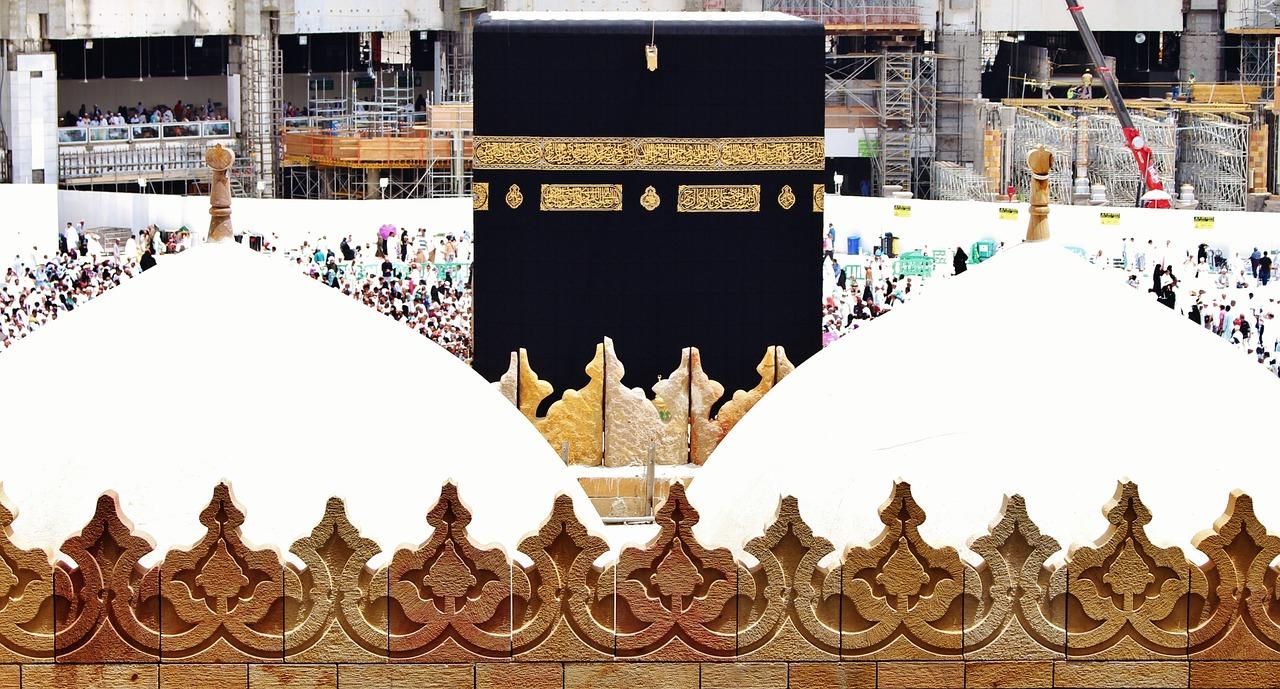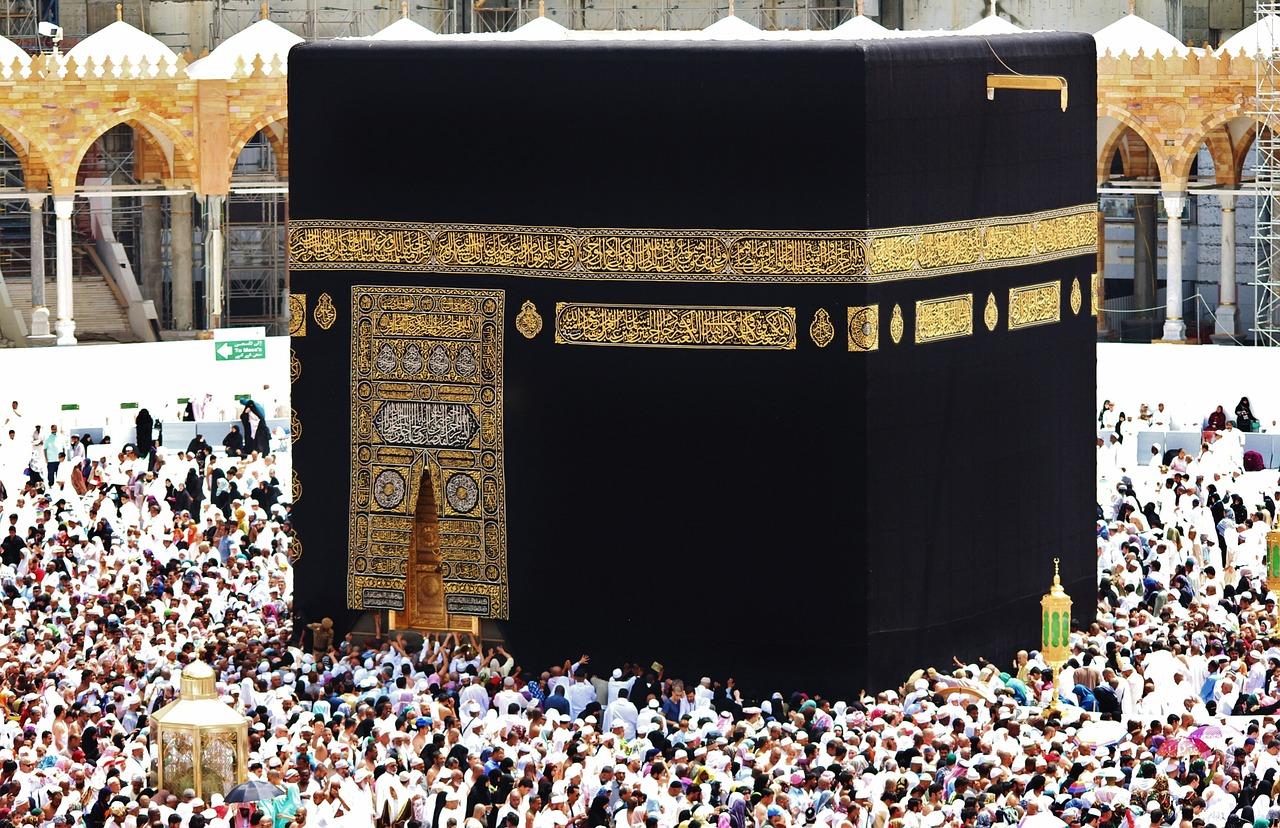
04 March, 2025
Hajj is one of the Five Pillars of Islam and a religious obligation for every Muslim who is physically and financially able to undertake the journey. It is a once-in-a-lifetime duty that brings believers closer to Allah and strengthens their faith. Hajj is more than just a journey; it is a spiritual transformation that promotes self-purification, patience, and unity among Muslims worldwide.
Hajj holds immense spiritual and historical significance for Muslims. Its importance lies in:
-
Fulfilling a divine command – It is a duty ordained by Allah in the Quran.
-
Commemorating Prophet Ibrahim’s (Abraham’s) devotion – Many rituals of Hajj honor his faith and sacrifice.
-
A journey of self-purification – It allows pilgrims to seek forgiveness and renew their commitment to Islam.
-
Symbolizing unity among Muslims – Millions gather from all over the world, dressed alike, with no distinctions of race, nationality, or status.

-
Hajj occurs annually in the Islamic month of Dhul-Hijjah, specifically from the 8th to the 12th of Dhul-Hijjah.
-
The pilgrimage takes place in Mecca, Saudi Arabia, and includes key locations such as the Kaaba, Mina, Arafat, and Muzdalifah.
Hajj consists of several essential rituals, each with deep spiritual meaning:
-
Ihram (State of Purity) – Pilgrims wear special white clothing, symbolizing purity and equality before Allah.
-
Tawaf (Circling the Kaaba) – Pilgrims walk around the Kaaba seven times in a counterclockwise direction.
-
Sa’i (Walking Between Safa and Marwah) – Reenacting Hagar’s search for water by walking between the two hills seven times.
-
Arafat (Day of Prayer and Repentance) – Pilgrims stand in prayer at Mount Arafat, seeking Allah’s forgiveness.
-
Muzdalifah (Collecting Stones) – Pilgrims gather pebbles to use in the next ritual.
-
Ramy al-Jamarat (Stoning the Devil) – Pilgrims throw stones at three pillars, symbolizing rejection of evil.
-
Eid al-Adha (Festival of Sacrifice) – Marking Prophet Ibrahim’s willingness to sacrifice his son, celebrated with animal sacrifice.
Hajj is an obligation for Muslims who meet these conditions:
-
Adult and of sound mind – Children and mentally incapable individuals are not required to perform Hajj.
-
Financially capable – The individual must afford the travel and expenses without causing financial hardship.
-
Physically able – The pilgrimage involves long walks and physical exertion, making good health essential.

Hajj is a profound spiritual journey that cleanses the soul and reinforces devotion to Allah. It fosters unity among Muslims and serves as a reminder of their shared faith. Since it is a once-in-a-lifetime obligation for those who can afford it, Muslims should seize the opportunity to fulfill this divine duty. By understanding and sharing knowledge about Hajj, we can appreciate its significance and inspire others to learn more about Islamic teachings.
Read More:

